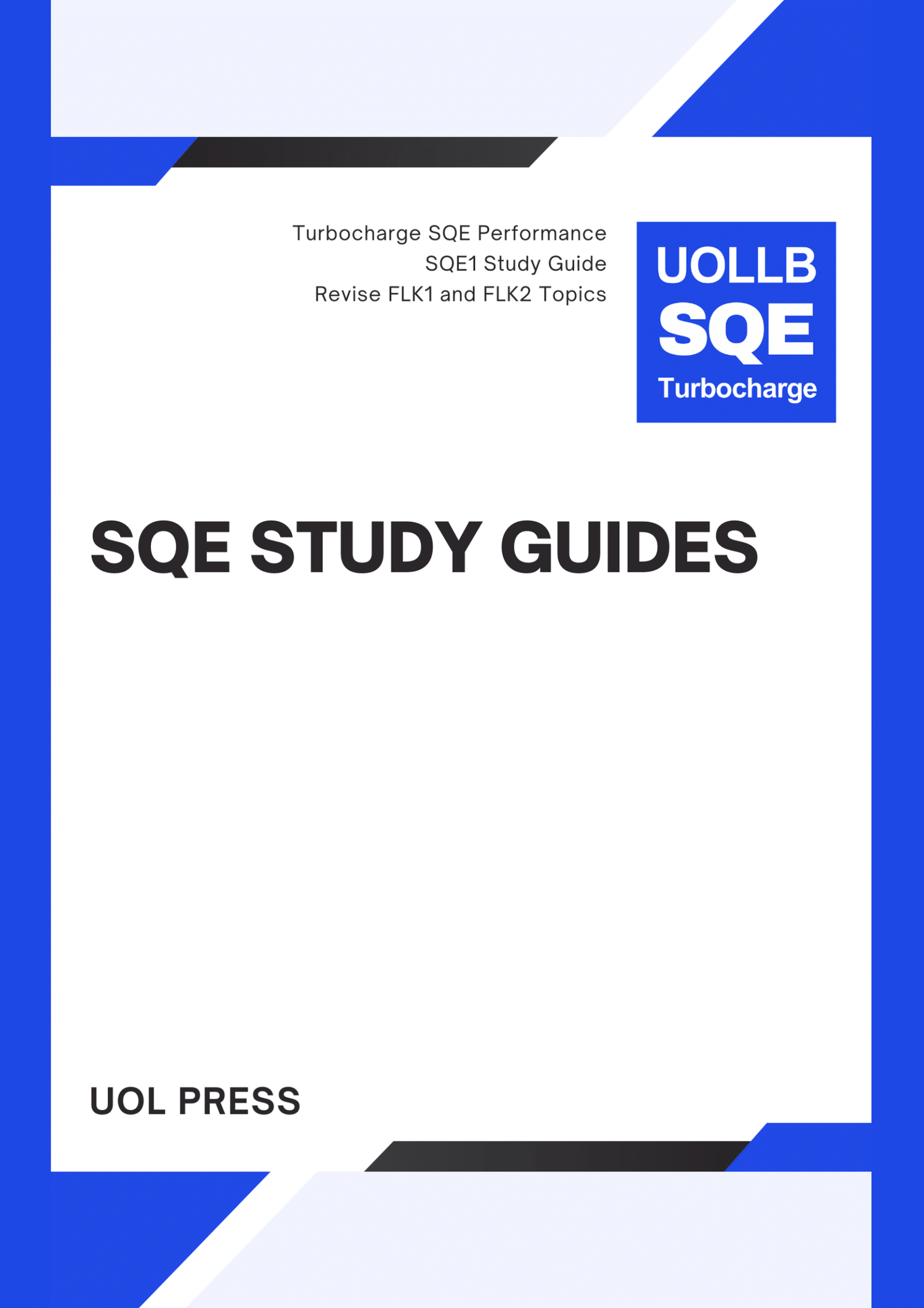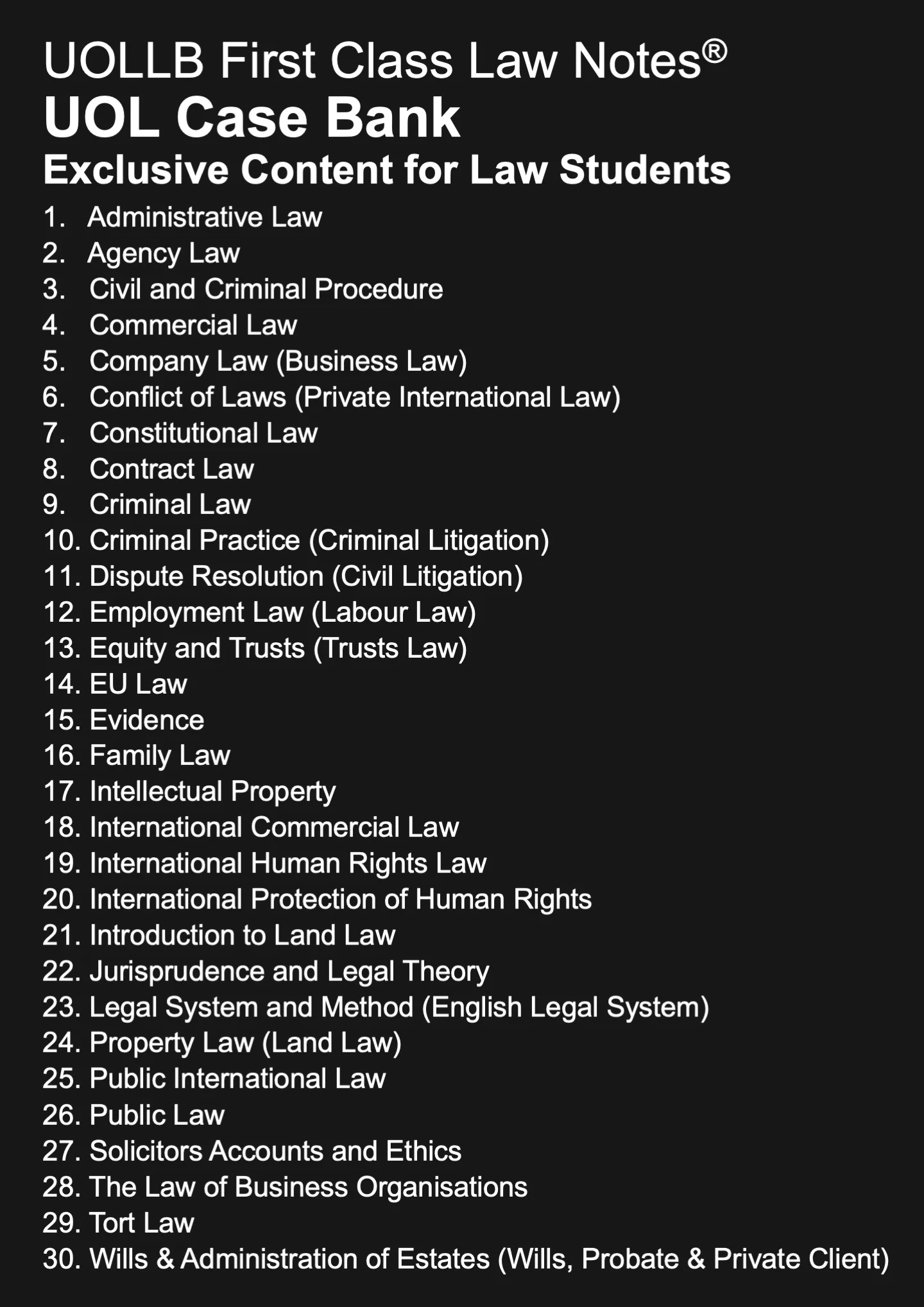Certificate of Higher Education in Common Law (UOL International Programme)
Share
The Certificate of Higher Education (CertHE) in Common Law stands as a pivotal milestone for individuals embarking on their journey into the field of law. This foundational qualification serves as a gateway to deeper exploration and understanding of legal principles, laying the groundwork for aspiring legal professionals. Within the CertHE programme, students encounter a diverse array of modules, each offering a unique perspective on essential facets of the legal landscape. From Contract Law to Criminal Law, Public Law, and Legal System and Method, these modules form the bedrock upon which students build their expertise and proficiency in legal analysis and reasoning.
Contract Law
Contract Law is a fundamental aspect of legal studies, focusing on the principles and rules governing agreements between parties. In this module, students explore the formation, interpretation, and enforcement of contracts. Topics include offer and acceptance, consideration, intention to create legal relations, and contractual remedies. Students also learn about key doctrines such as capacity, legality, and privity of contract. Contract Law provides a solid foundation for understanding commercial transactions and legal obligations between individuals and entities.
Criminal Law
Criminal Law examines the principles and rules governing prohibited conduct in society and the corresponding legal consequences. Students delve into the elements of criminal offences, including actus reus (the guilty act) and mens rea (the guilty mind), as well as defences and justifications. The module covers various categories of crimes, such as homicide, property offences, and offences against the person. Through case studies and legal analysis, students gain insights into the principles of criminal liability and the criminal justice system.
Public Law
Public Law focuses on the relationship between individuals and the state, encompassing constitutional law, administrative law, and human rights law. Students explore the principles of constitutional governance, including the separation of powers, judicial review, and parliamentary sovereignty. They also examine the legal framework governing the exercise of public power by government bodies and public officials. Topics include administrative decision-making, judicial remedies, and the protection of fundamental rights and freedoms. Public Law provides a critical understanding of the legal principles underpinning government action and accountability.
Legal System and Method
Legal System and Method equips students with the foundational knowledge and skills necessary for legal analysis and reasoning. This module introduces students to the structure and operation of the legal system, including the sources of law, the hierarchy of courts, and the role of legal professionals. Students learn techniques for legal research, case analysis, and statutory interpretation. Additionally, they develop critical thinking and problem-solving skills essential for success in legal studies and practice. Legal System and Method serves as a cornerstone for building proficiency in legal reasoning and argumentation.
In conclusion, the CertHE in Common Law represents not only a stepping stone but also a cornerstone in the journey of aspiring legal practitioners. Through rigorous study and engagement with diverse modules, students gain a comprehensive understanding of key legal principles and concepts essential for success in the field of law. Whether exploring the intricacies of contract formation, dissecting criminal offences, grappling with constitutional governance, or honing critical legal analysis skills, the CertHE programme equips students with the tools and knowledge necessary to navigate the complexities of the legal landscape.
Contract Law
Contract Law is a fundamental aspect of legal studies, focusing on the principles and rules governing agreements between parties. In this module, students explore the formation, interpretation, and enforcement of contracts. Topics include offer and acceptance, consideration, intention to create legal relations, and contractual remedies. Students also learn about key doctrines such as capacity, legality, and privity of contract. Contract Law provides a solid foundation for understanding commercial transactions and legal obligations between individuals and entities.
Criminal Law
Criminal Law examines the principles and rules governing prohibited conduct in society and the corresponding legal consequences. Students delve into the elements of criminal offences, including actus reus (the guilty act) and mens rea (the guilty mind), as well as defences and justifications. The module covers various categories of crimes, such as homicide, property offences, and offences against the person. Through case studies and legal analysis, students gain insights into the principles of criminal liability and the criminal justice system.
Public Law
Public Law focuses on the relationship between individuals and the state, encompassing constitutional law, administrative law, and human rights law. Students explore the principles of constitutional governance, including the separation of powers, judicial review, and parliamentary sovereignty. They also examine the legal framework governing the exercise of public power by government bodies and public officials. Topics include administrative decision-making, judicial remedies, and the protection of fundamental rights and freedoms. Public Law provides a critical understanding of the legal principles underpinning government action and accountability.
Legal System and Method
Legal System and Method equips students with the foundational knowledge and skills necessary for legal analysis and reasoning. This module introduces students to the structure and operation of the legal system, including the sources of law, the hierarchy of courts, and the role of legal professionals. Students learn techniques for legal research, case analysis, and statutory interpretation. Additionally, they develop critical thinking and problem-solving skills essential for success in legal studies and practice. Legal System and Method serves as a cornerstone for building proficiency in legal reasoning and argumentation.
In conclusion, the CertHE in Common Law represents not only a stepping stone but also a cornerstone in the journey of aspiring legal practitioners. Through rigorous study and engagement with diverse modules, students gain a comprehensive understanding of key legal principles and concepts essential for success in the field of law. Whether exploring the intricacies of contract formation, dissecting criminal offences, grappling with constitutional governance, or honing critical legal analysis skills, the CertHE programme equips students with the tools and knowledge necessary to navigate the complexities of the legal landscape.

























































